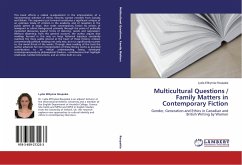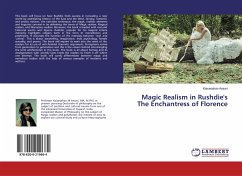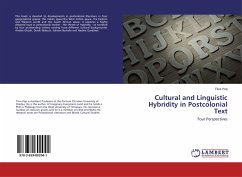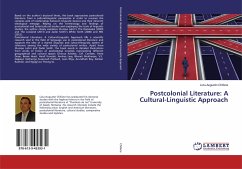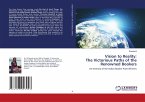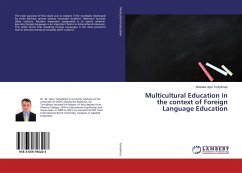After the end of the Second World War many countries from the British empire gained its independence. Consequently Britain experienced a huge immigration wave of inhabitants from postcolonial countries. Britain, that time from the cultural point of view homogenous, had to face new impulses brought by the immigrants. This resembled also the situation in the contemporary British fiction. This book deals with postcolonialism, one of the movements within the contemporary British fiction. Firstly, the book describes the factual and historical background leading to the establishment of postcolonialism. Subsequently, its charasteric features are demonstrated on works of two postcolonial authors - Salman Rushdie and Hanif Kureishi, ending in the comparison of the two authors' points of view on selected themes. This book should be useful especially for university students to help them understand the movements within multicultural British fiction, or for anyone else interested in this field of literature.
Bitte wählen Sie Ihr Anliegen aus.
Rechnungen
Retourenschein anfordern
Bestellstatus
Storno



